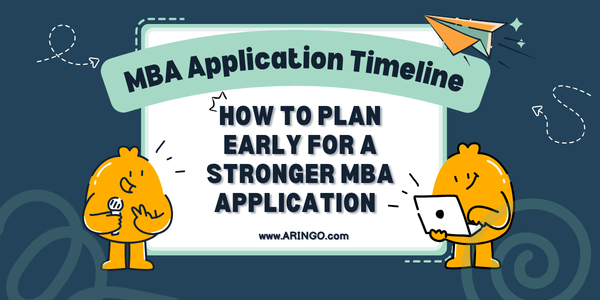The journey to an MBA begins long before you submit an application. One of the most critical steps is deciding which business schools are the best fit for your unique aspirations and professional background. With a multitude of top business schools around the world, creating a shortlist can be a daunting task.
Start with the Big Picture: Geography & Specialization
Before you get lost in the sea of rankings, it’s wise to begin by defining your preferences on a macro level. The first step is to consider where you want to be. Do you have a specific country or region in mind where you wish to live and work after graduation? Many of the top MBA programs are concentrated in the US, UK, Europe, and Southeast Asia. If you have a strong preference for a particular market, use geography as your first filter to narrow your initial list.
If you are flexible on location, the next logical step is to consider your career specialization. Are you passionate about a specific industry or function, such as finance or marketing? Begin by researching schools renowned for those specializations and with a strong track record of placing graduates in those fields. For example, if you are targeting a career in investment banking, you might focus on schools with a reputation for finance.
Dig Deeper: Employment Reports & Class Profile
Once you have a preliminary list of schools that meet your geographic and specialization criteria, it’s time to dive into the details. The employment report is your most valuable tool at this stage. It offers a transparent look at where recent graduates are getting hired. Look at which companies are recruiting on campus and the functions they are hiring for. This will give you a realistic idea of the career opportunities available at that school. Some reports, like the one at UCLA Anderson, even list specific job titles, which can be incredibly helpful if you’re exploring different roles.
In addition to career prospects, you should also look at the school’s class profile. Reviewing the profile will help you determine if your own profile—including your years of work experience, GPA, and GMAT/GRE scores—falls within the typical range for admitted students. This is a crucial step to ensure that you are making a realistic and strategic choice for your MBA applications.
Beyond the Data: Campus Vibe and Culture
While stats and rankings are important, they don’t tell the whole story. The culture and personality of a business school can have a significant impact on your experience and success. This is why connecting with current students and recent alumni is so important. They can provide invaluable insights into what life on campus is really like.
- Ask about the curriculum: Inquire about specific new courses, especially in rapidly evolving areas like AI and data analytics.
- Gauge the community: Some schools foster a close-knit, family-like community, while others may have a more competitive or individualistic environment. Find a place where you will thrive and feel supported.
- Understand the network: A school’s alumni network is one of its greatest assets. Ask current students how engaged and helpful the alumni are in their career development.
This research will help you determine if you have a good shortlisting schools and if a specific school is a good fit for you on a personal level.
The process of selecting the right schools and building a compelling profile can be complex. ARINGO MBA Admissions Consulting specializes in guiding applicants in getting into the right business schools. Get in touch with us today for a discussion on your school list.
For a deeper dive into how to select the right MBA program for you, be sure to watch our detailed webinar.





